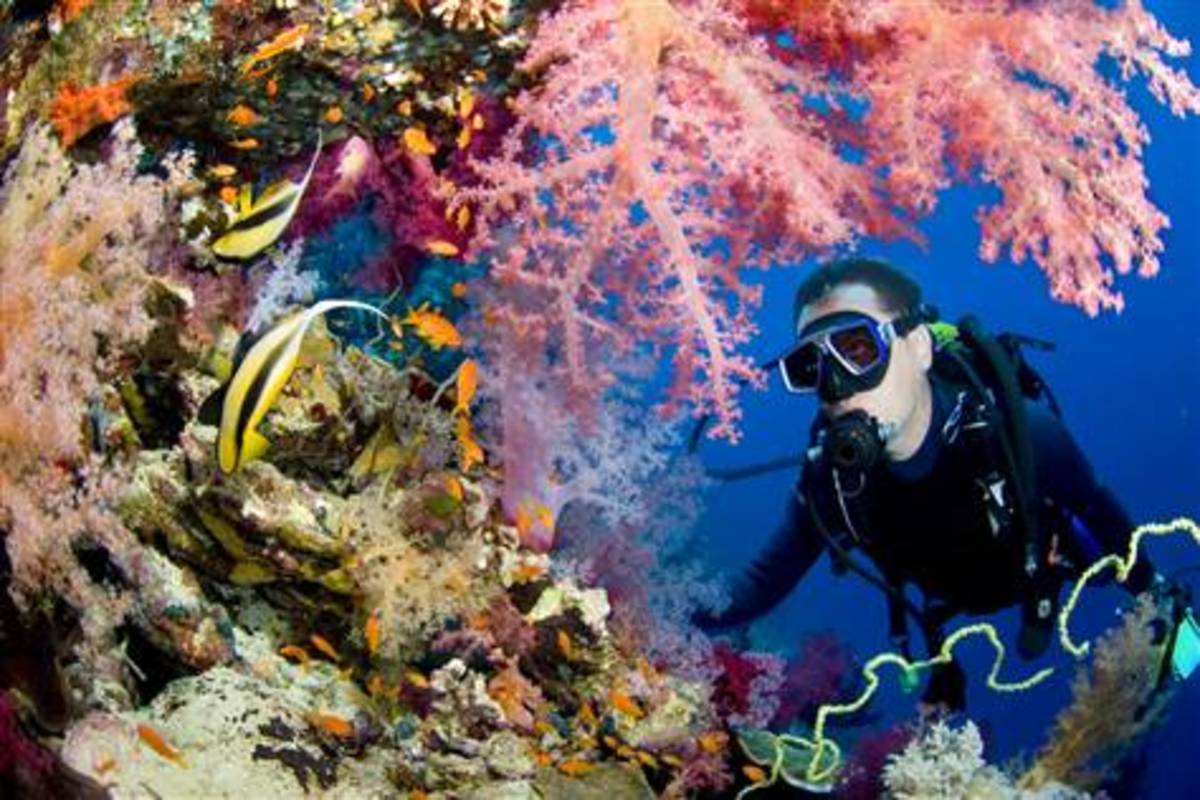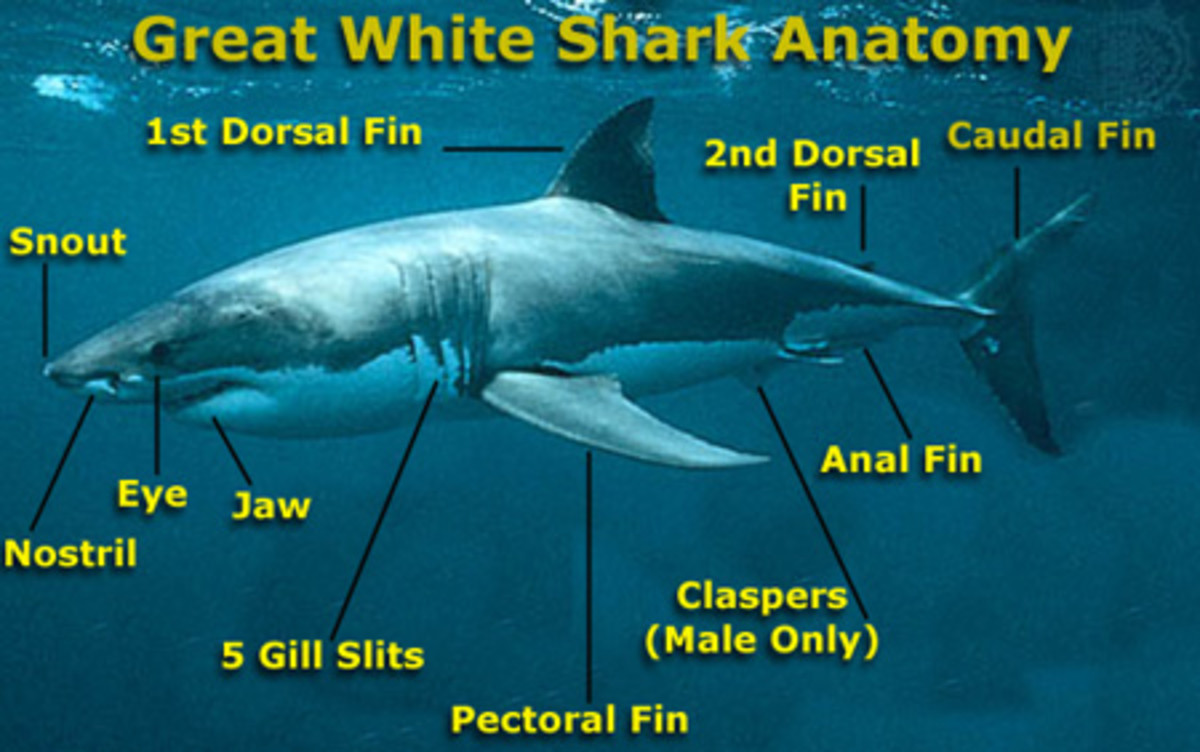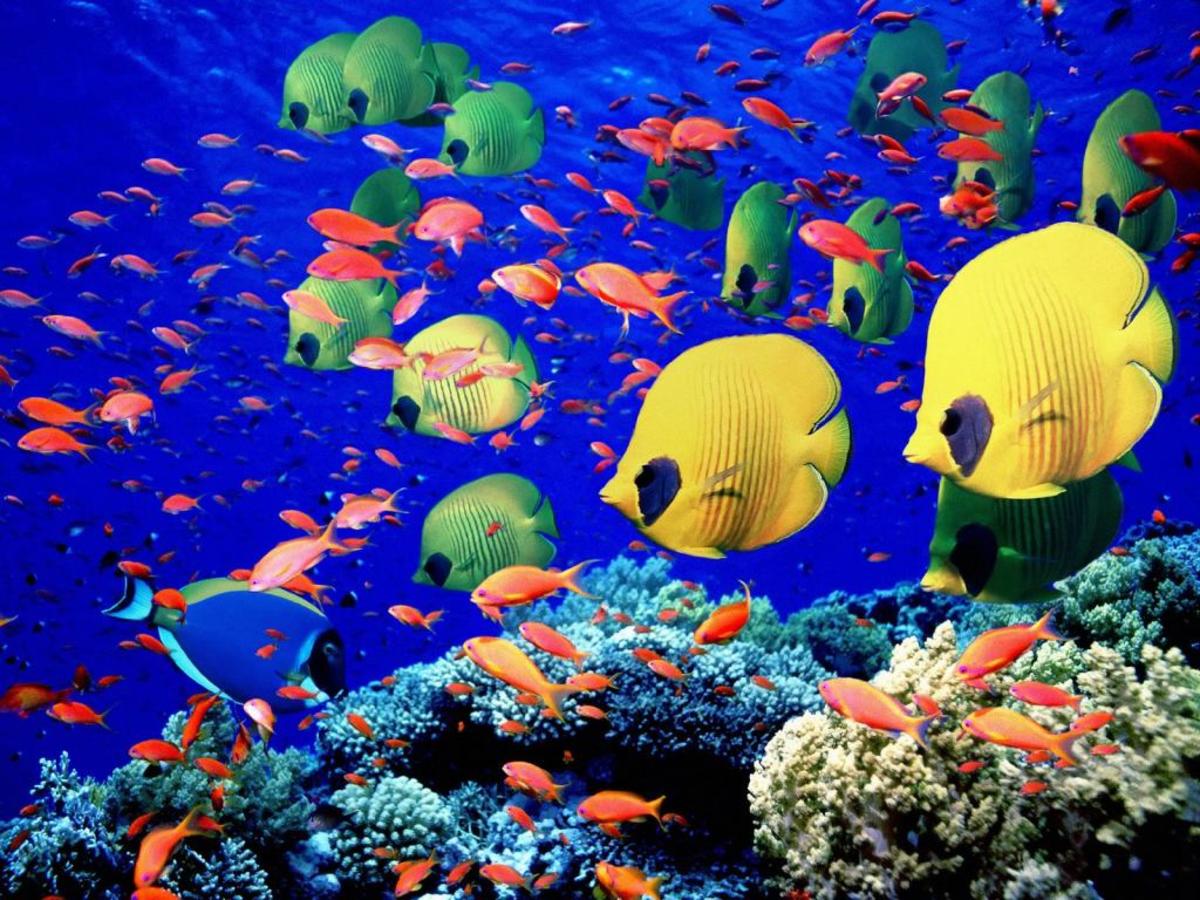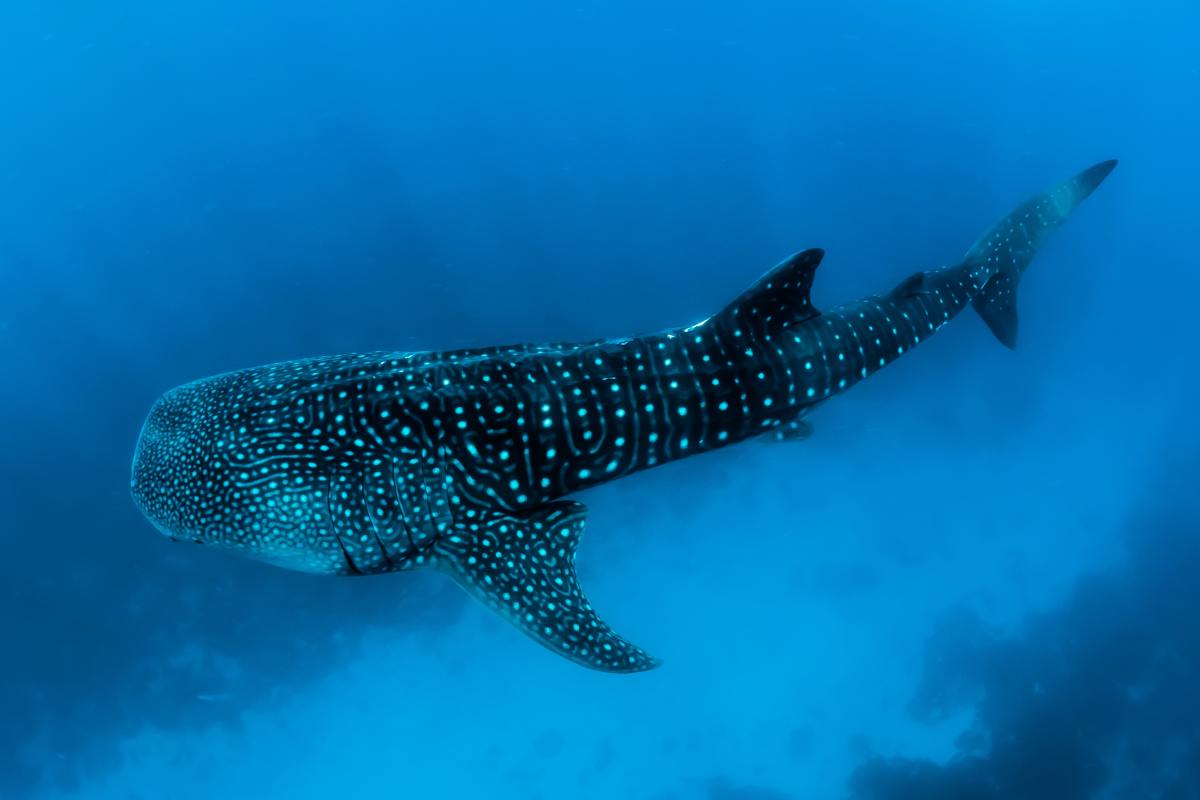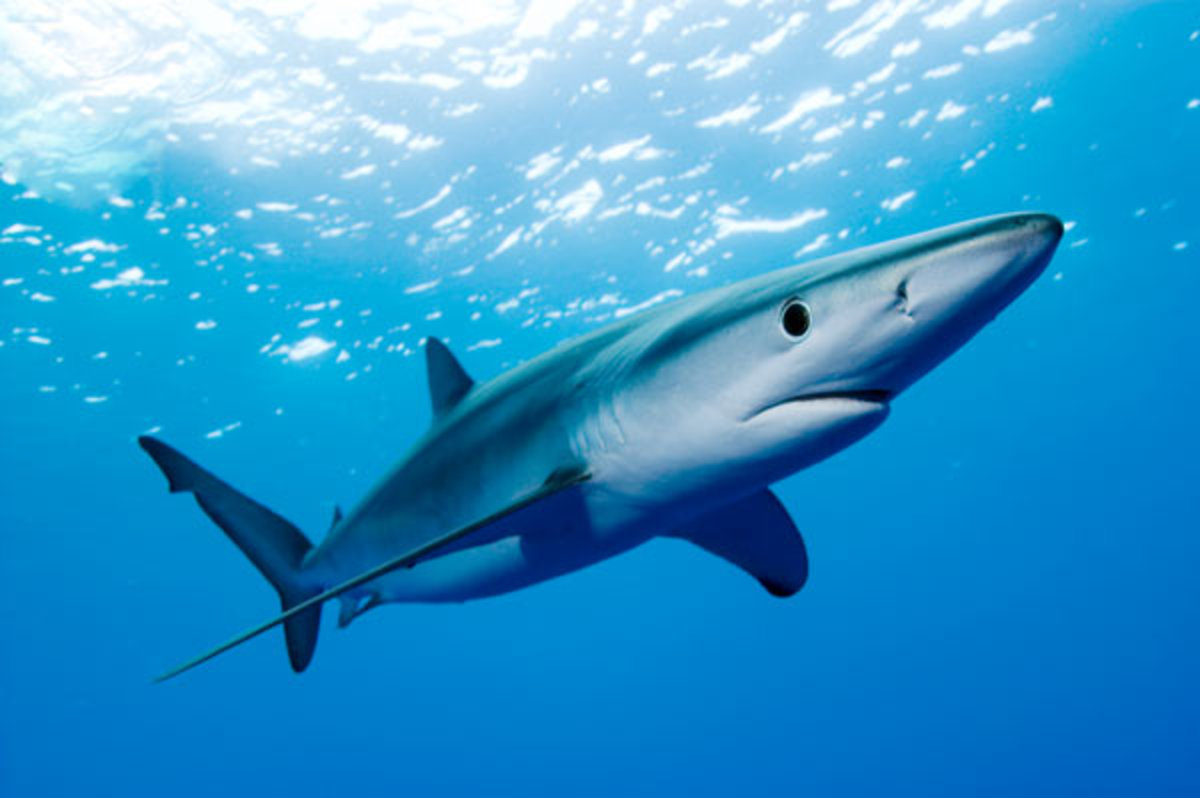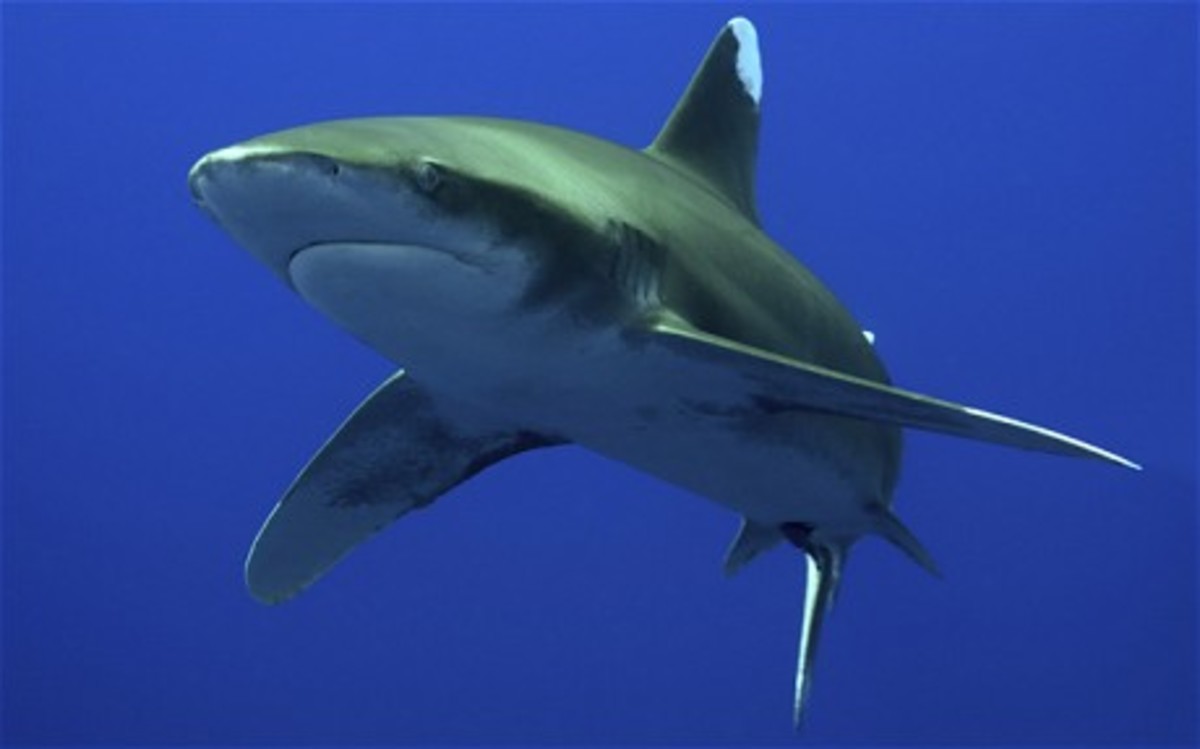- HubPages»
- Education and Science»
- Life Sciences»
- Marine Biology»
- Marine Life
Shark Finning and Dumping at Sea or Landing the Catch Debate
There are many good reasons why shark finning at sea, and dumping the carcases overboard should be continued and equally good reasons why it is better to land the whole shark catch.
Many, many people have taken up the issue of shark finning, because so many are killed each year to supply the largely Chinese demand for the highly-prized shark fin soup, that many sharks have become endangered species.
But is shark finning at sea better or worse than landing the whole catch, and finning the sharks on dry land?
The shark ends up dead either way.
The trouble with shark fishing is that while their meat and oils are used in many industries, the prices at market are comparatively low.
While sharks fins can reach upwards of $500 a kilo, the other parts of the shark are lucky to reach $10/kilo.
There is debate over this, and I intend to present both sides of the argument.
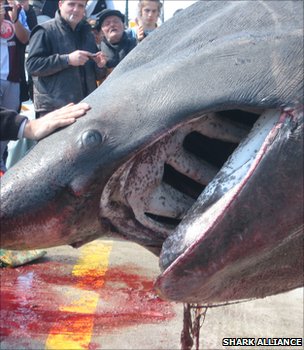
Reasons Why Shark protection bodies want the catch landed
Central and North America have introduced laws to prevent shark finning at sea, and the EU is expected to bring in a total ban soon.
The main reasoning behind their push against shark finning at sea, is that fishermen are catching more sharks than they are allowed to, and the hope is that by forcing them to land their catch, less sharks will be killed.
When a fully loaded shark fishing boat arrives back in harbour, it is impossible to count how many fins he has on board.
Fins represent only a tiny percentage of the weight of the total shark, and small sharks have small fins.
Different breeds have sharks can also have different sizes and weights of fins, and in many places, while the current regulations allow fishermen to land fins weighing up to 5% of the weight of their total (shark) catch, this has created a loophole allowing them to fin far more fish than they land.
As steps have to be taken NOW, to avoid losing several severely endangered species of sharks completely with the next 10 - 20 years, shark protection bodies want an end to all finning at sea, and whole sharks landed as catch instead.
They hope this will result in:
- Less sharks killed.
- Greater accountability of the actual number of sharks killed.
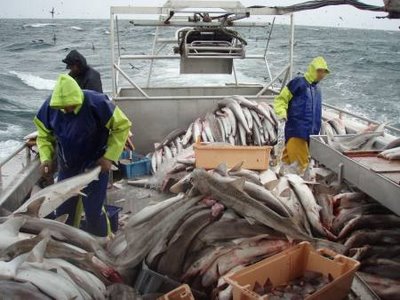

Reasons why shark fishermen want to fin at sea
Hardly anyone ever looks at this argument from the fisherman's point of view, but the first thing you have to remember is that fishermen have one of the most dangerous jobs in the world.
They are out their in their boats in all weathers, working long hours, facing storms, floods, whirlpools, constant danger, not to forget the very real danger to their physical well-being from a newly-caught shark which has some very damaging rows of teeth.
If we want to have fresh fish on our tables, we need the fishermen to keep working.
The overheads on fishing boats are very high. Between nets costing $10,000 or more, that can and are frequently lost simply by snagging on the sea bottom, to buying and maintaining computer navigation systems costing thousands, to the boat and engine itself, which could cost millions, every trip to sea is hugely expensive.
Every crew member on a fishing boat works hard. These boats carry no passengers. Fishermen have to physically strong, and they work very long hours.
Their pay is normally determined on how much the boat makes on each trip. Overheads have to be paid for first. The amount of fuel they go through is enormous, and they do not get many miles to the gallon.
Fish are normally gutted at sea, rinsed and placed in long fish boxes and then covered with ice to keep them fresh until the boat returns to port. The remains are thrown overboard, which is why you always see those sea scavengers, seagulls, swirling and diving around fishing boats.
Enter the shark fisherman.
He has all the same work as other fishermen, only he would just have dumped the carcass of the shark overboard, as it is simply not worth bringing into harbour.
- The not inconsiderable weight of sharks adds to his fuel costs.
- They also take up a lot of space.
- Still living sharks are a danger on board to anyone near them.
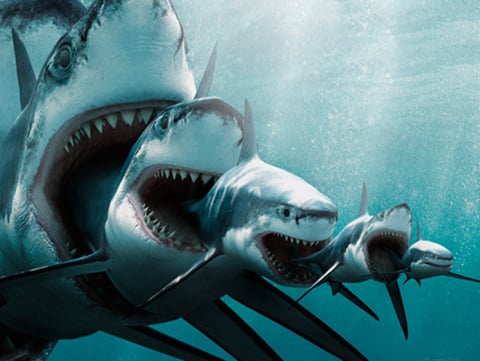
Sharks eat sharks
There is another environmental concern regarding sharks that have been caught, whether for finning at sea or on land.
Sharks finned at sea and dumped overboard get eaten by other sharks and marine animals.
It is sad that many are still alive at this point.
In nature, sharks do hunt and kill other smaller and weaker of their own species. That is a fact. Some sharks only survive their gestational period by eating their baby siblings while still inside their mother.
Every sea creature needs to eat to survive, the same as those of us on land.
Landing all the sharks caught at sea, denies a huge amount more of food.
If man really does not want the shark meat and oils caught as a by-product of those precious fins, then leave them at sea.
If man wants them, then more will have to be paid for them, to make it worth the fisherman's while to land it.

